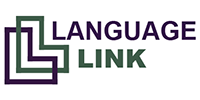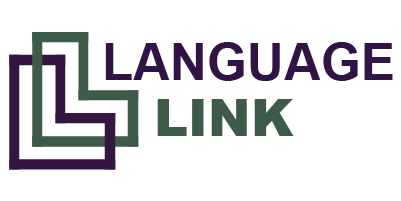A lecture is an instructive oral presentation about a particular subject, concept or theory. To lecture effectively in English, a lecturer must be able to 1) contextualise, explain and critique complex information; 2) answer students’ questions and provide clarifications where necessary; 3) ask questions to assess students’ levels of understanding and critical engagement; 4) clearly present complex visual information; 5) correct errors and provide feedback and 6) interact with students in both formal and informal academic settings. During this course, participants will develop their ability to unpack and present intricate academic information in a clear and compelling way through group work, role-playing and individual presentations. The aim of this course is to cultivate participants’ awareness of different pedagogical strategies and related grammar structures so they can communicate their lectures effectively, and help their students to achieve optimal learner outcomes.
The programme includes:
Participants will learn how to:
Who should attend?
Effective Lecturing Skills
Language Link > Effective Lecturing Skills

